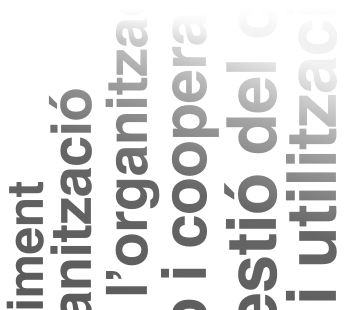Learning and use of knowledge
Are they eager to learn and share knowledge?
Definition.
Learning and use of knowledge involves having an interest in and constant curiosity for learning and knowing more. It involves the desire to put into practice and expand technical, professional or managerial knowledge, as well as to transfer work-related knowledge. The person continues developing and acquiring new knowledge of their own accord.
- Is proactive in the search and acquisition of knowledge in order to stay up-to-date with the new tools, methods, approaches, matters, technologies, etc., specific to their field of work. Ex.: Attends training courses.
- Uses their technical know-how to clarify doubts and answer the questions of others.
- Is interested in learning about what is in their immediate environment.
- Shows curiosity for new developments that can affect their day-to-day.
- Specifies the available sources of information.
- Does not limit themselves to being an expert in their field, but rather seeks information, does research and studies other topics that they are not familiar with.
- Shares and puts into practice the knowledge that they have been acquiring as part of their job.
- As an expert in their field, they provide support, offering and transferring their knowledge to others.
- Asks questions to experts in order to learn more and enhance their knowledge.
- Takes actions to spread new technologies/methodologies throughout the Organisation.
- Investigates all the sources in order to obtain key information which will make it possible to have a clear idea of the trends and new developments that affect the business and/or market.
- Consults people who are not personally involved in the situation in order to learn about their perspectives, experiences and opinions.
- Makes an extra effort through systematic work within a limited period of time in order to obtain the best possible information.
- Conscientiously researches, using unusual sources.
- Writes and publishes articles on new technologies / methodologies / products in technical or specialised journals.
- Personally puts procedures, techniques or systems into place that make it possible to collect information in non-customary ways.
- Extracts knowledge from both inside and outside of the Organisation in order to have a broad vision of the future and the consequent implications in the business.
- Demonstrates an in-depth knowledge of the technologies / products / methodologies / services that can impact the business, positioning themselves as a reference for this knowledge within the Organisation.

